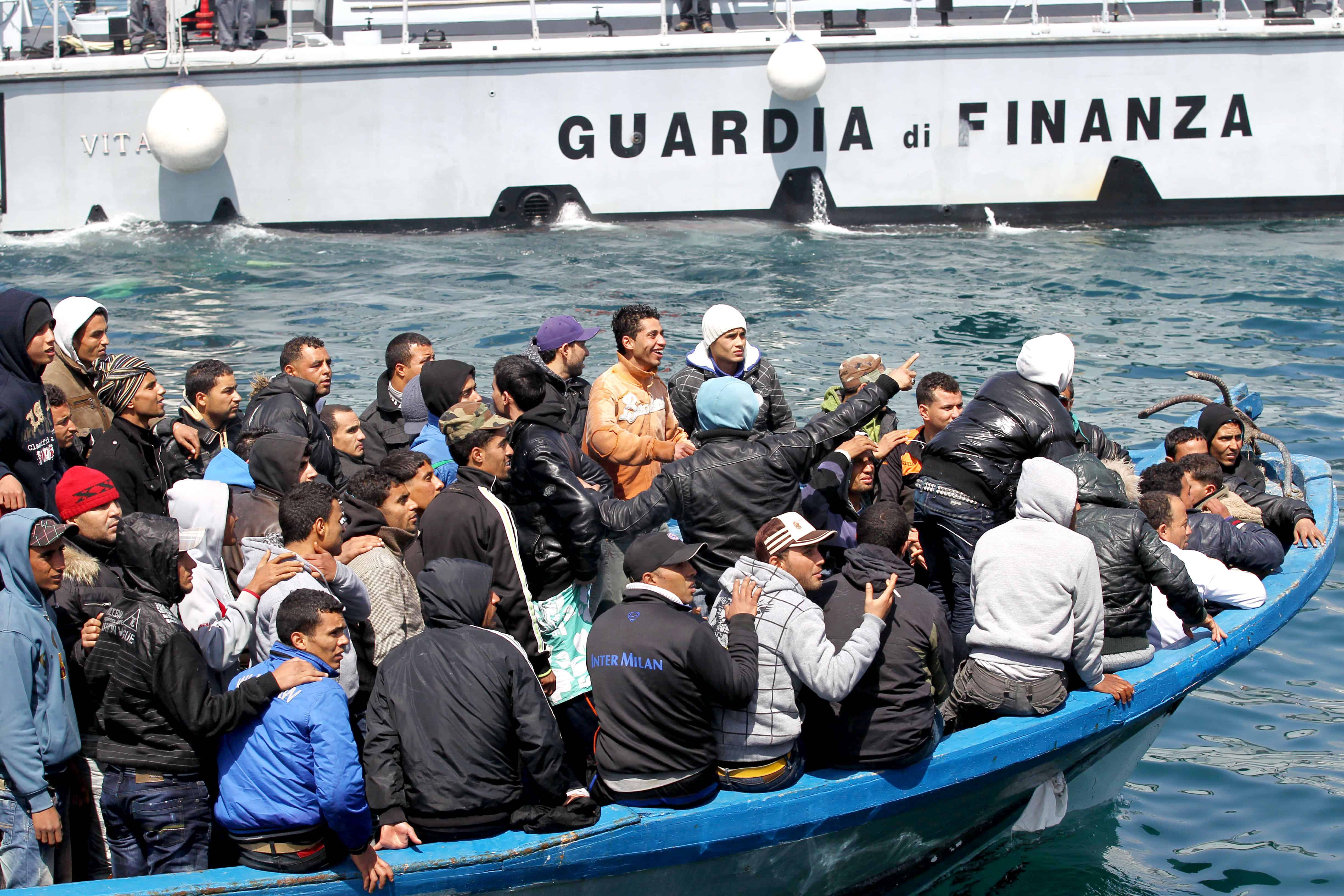U.S. Ends Legal Status Renewal for Hundreds of Thousands of Migrants

The Biden administration has announced that it will not renew the temporary humanitarian entry program known as “parole” for hundreds of thousands of migrants from Cuba, Haiti, Nicaragua, and Venezuela who arrived in the U.S. in recent years. Since October 2022, around 530,000 migrants from these four countries have entered the U.S. with two-year grants under this program, which will soon begin to expire. Despite this decision, many migrants will still have options to remain in the country under other programs.
The parole program, which allows migrants with U.S. sponsors to enter for humanitarian reasons or if their entry benefits the public, will continue accepting new applications for migrants abroad. However, migrants currently in the U.S. under this program will either need to depart when their parole period expires or risk deportation. Naree Ketudat, a spokesperson for the Department of Homeland Security (DHS), reiterated that this decision aligns with the original plan outlined when the program was launched.
Background and Implications
The parole program was part of President Joe Biden’s broader immigration strategy, designed to reduce the high number of illegal border crossings while providing legal entry routes for certain nationalities. During Biden’s presidency, illegal crossings at the U.S.-Mexico border surged to record levels, but the new restrictions and programs like parole have contributed to a notable decrease in crossings in recent months.
The upcoming expiration of the parole grants comes just before the November 5, 2024, U.S. election, where immigration will be a central issue. Democratic Vice President Kamala Harris will face Republican candidate Donald Trump, who has been vocal in his criticism of the Biden administration’s immigration policies, including the parole program.
Alternative Pathways for Migrants
While the parole program will not be renewed, migrants from Cuba, Haiti, Nicaragua, and Venezuela may still find ways to remain in the U.S. legally:
- Cubans: Many Cubans are eligible for permanent residency and eventual citizenship through the 1966 Cuban Adjustment Act, which provides a pathway to legal status.
- Haitians and Venezuelans: A significant number of Haitians and Venezuelans in the U.S. are eligible for Temporary Protected Status (TPS), which grants deportation relief and work permits.
- Asylum: Migrants from all four nationalities may apply for asylum, which could provide a legal avenue to stay in the U.S.
Exceptions for Other Nationalities
While the CHNV parole program is set to expire, other parole programs for migrants from Ukraine and Afghanistan have been extended. These programs, implemented in response to conflicts in those countries, remain active.
The decision to end the parole program for Cuba, Haiti, Nicaragua, and Venezuela underscores the administration’s balancing act of maintaining stricter border control while providing humanitarian relief for specific groups. As the legal status of these migrants comes into question, the U.S. immigration system faces increased scrutiny, with both political and humanitarian considerations shaping its future.





















